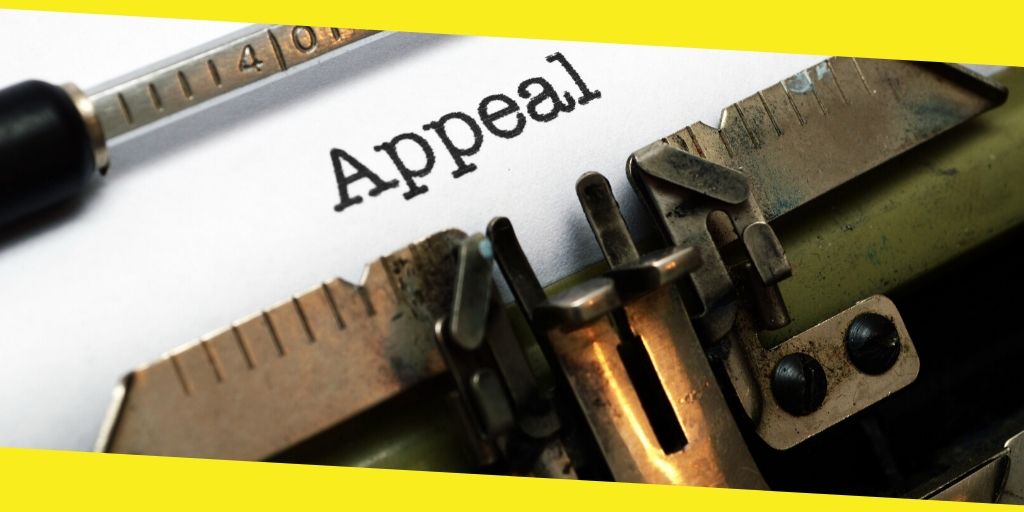What Happens After Appeal is Filed?

As a lawyer, you advise private individuals, companies, or legal entities in all possible legal areas. He represents his clients in court and before the authorities and supports them in clarifying all legal issues.
Typical tasks of a lawyer includes Writing contracts, Review of draft contracts, Advising clients on labor, rental, family, consumer, and social law issues, Representing clients before the authorities, and Representing clients in administrative processes.
Contents
ToggleWhat happens after the appeal is filed?
If the appellate lawyer including the accused himself can now appeal against a judgment, he will first be sent the drafted judgment and the minutes of the session. What happens next ultimately depends on which of the two legal remedies you want to appeal. At this point, it should first be noted that you do not always have the choice between an appointment and appeal. If one is convicted in the first instance by the district court, only the appeal of the appeal is available against this judgment. In the case of judgments by the local courts, however, you can first choose between an appeal and an appeal.
The district court makes a judgment – which remedy is the right one now?
The next question is which remedy is the right one. So what is the main difference between appointment and revision? In short, the appointment is a new factual instance. The matter then ends up in the district court and there would be a new taking of evidence. The revision, however, is only a legal entity. There the ruling would only be checked for legal errors.
The choice of whether to opt for an appointment or an appeal largely depends on the process situation. Imagine the constellation that after the judgment of the district court a new witness suddenly appears who could prove the innocence of the accused. In this case, the appeal would surely be more recommendable than an appeal. Because then there would be a new main hearing before the regional court, in which the witness can be heard. The court would then also have to assess this testimony in the judgment.
The situation is different in the case of an appeal. This is promising if the court made legal errors in the judgment. This may look like the fact that the accused punished his victim with a fist, but he was therefore convicted of dangerous bodily harm and not – correctly – of (simple) bodily harm. In this case, the court of appeal would, therefore, check whether the findings of the court match the pronounced sentence. In this example, the findings would not carry a dangerous bodily harm sentence. This is an important difference because dangerous bodily harm is punished much more severely than “normal” bodily harm.
Which of the two remedies is the more effective in the specific case depends on whether new evidence is still under consideration or whether the court made legal errors in the judgment. Here it would be the task of the lawyer to check this in detail after receiving the judgment and the minutes of the session.
Recommended For You
Need to Hire a Lawyer? Here Are Some Tips for You
Most Inside
Most Inside offers high-quality recommendations and valuable updates to enhance all aspects of your life, providing premium guidance and enriching experiences.




